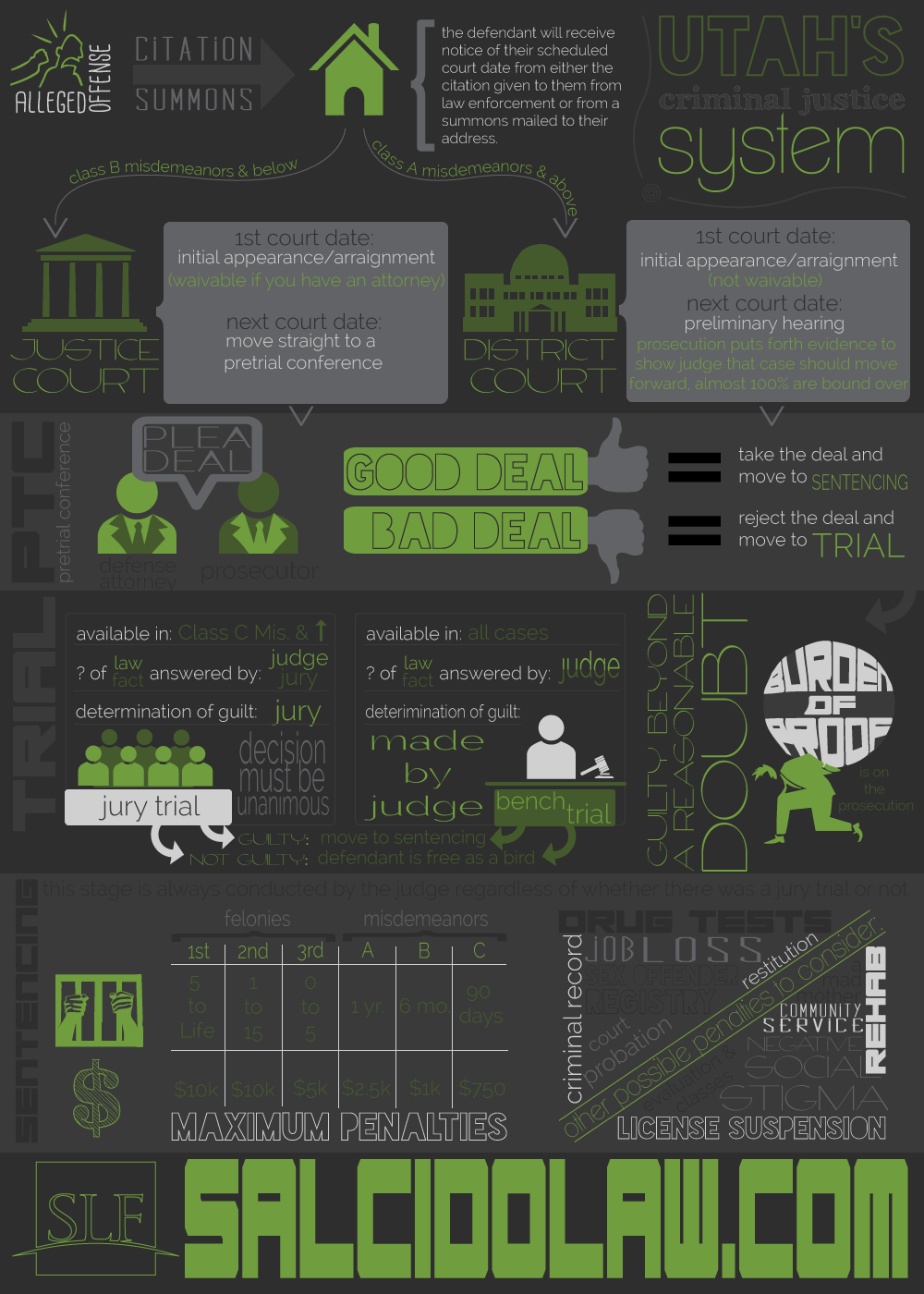The Criminal Trial Refine Explained: A Sequential Review Of Each Step
The Criminal Trial Refine Explained: A Sequential Review Of Each Step
Blog Article
Composed By-Bigum Thompson
When you enter a criminal test, you could be stunned by the organized process that unravels. All of it starts with court choice, where prospective jurors are looked at for biases via an approach called "voir dire." Afterwards, both sides present their opening declarations, setting the stage for the evidence and testimonies to follow. You'll see how the prosecution and defense develop their instances, however what takes place next can dramatically influence the end result. Comprehending these phases can reveal the complexities of justice, however there's more to uncover concerning the critical moments that comply with.
Jury Option Process
When it pertains to the jury selection procedure, you're diving into a vital stage of a criminal trial. This procedure, commonly called "voir dire," includes wondering about possible jurors to ensure they're objective and capable of delivering a fair decision.
You'll see both the prosecution and defense lawyer participating proactively, each aiming to choose jurors that line up with their case's narrative.
During voir dire, you'll see that attorneys ask concerns regarding jurors' backgrounds, ideas, and experiences. Their objective is to determine any kind of pre-existing prejudices that can affect a juror's choice. As https://www.cato.org/study/are-disproportionate-number-federal-judges-former-government-advocates , you could really feel a mix of nervousness and curiosity, however your honesty is necessary.
After examining, lawyers can challenge details jurors for cause if they believe a juror can not stay impartial. They can likewise use a restricted variety of peremptory difficulties to dismiss jurors without stating a reason.
Test Phases Explained
The stages of a criminal test play an important duty in guaranteeing a fair and structured process.
You'll first run into the opening statements, where both the prosecution and defense describe their situations. This sets the stage for what's to come.
Next off, the prosecution offers its evidence and witnesses, aiming to prove the defendant's guilt beyond a sensible uncertainty. You'll see straight examination followed by interrogation, allowing both sides to challenge the presented information.
After the prosecution rests its situation, it's the defense's turn. They'll provide their proof and witnesses, frequently concentrating on creating sensible question. You'll discover that the defense doesn't have to show innocence; they just require to test the prosecution's instance.
Once both sides have offered their disagreements, you'll listen to closing statements, where each event summarizes their instance. This is crucial as it strengthens their settings before the jury ponders.
Throughout these phases, the court ensures that the test adheres to legal criteria which the civil liberties of both events are protected.
Recognizing these stages will assist you value the intricacies involved in a criminal trial and the importance of each step in the quest of justice.
Verdict and Sentencing
Nevertheless proof has been presented and arguments made, the jury or court delivers a verdict, figuring out the offender's regret or innocence. If you become part of the court, you'll ponder with your fellow jurors, going over the evidence and your perceptions. This procedure can take some time, as you'll want to make sure everyone agrees on the decision based upon the realities.
When a verdict is gotten to, it's revealed in court. If criminal defense attorneys in my area accused is condemned, the next phase is punishing. https://docs.google.com/spreadsheets/d/1iDiLLXdUx9GJ-MMQdgrpwGA6irKBasfS3tB9gNTFwvM/edit#gid=1335481715 is when the judge chooses the suitable penalty. You might see that various elements affect the sentence, such as the extent of the criminal offense, the defendant's past record, and any mitigating conditions.
The judge might enforce a range of sentences, from penalties and social work to imprisonment. In some cases, the defense or prosecution can present debates relating to sentencing, trying to sway the judge's decision.
If the offender is found not guilty, they're acquitted, and no penalty complies with. Bear in mind that a guilty judgment can usually cause allures, where the defendant may challenge the judgment or the sentence imposed.
Final thought
In a criminal test, you have actually seen exactly how vital each action is, from court option to the final judgment. You have actually adhered to the prosecution and defense as they develop their instances, aiming to encourage the court. As soon as consideration finishes up, the verdict identifies the outcome, and if the offender is found guilty, the sentencing stage starts. Recognizing these procedures aids you value the intricacies of the justice system and the significance of each role in making certain a fair trial.
